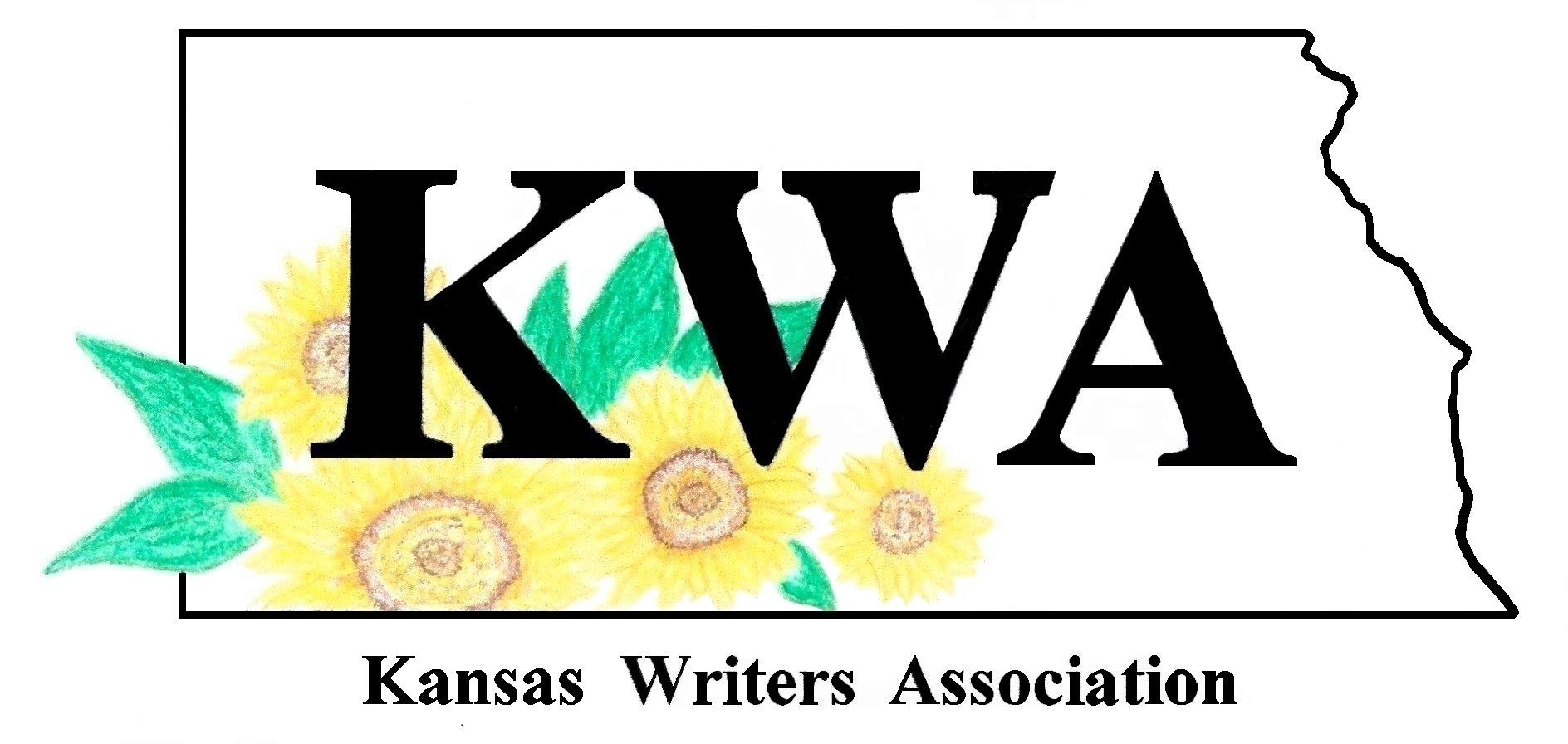Fiction
Action/Adventure: A fast paced story where the protagonist takes risks and possible physical danger. There will be desperate situations, mounting tension, a ticking clock, and daring escapes.
Family Saga: These are on-going stories that involve two or more generations of a family. They may start out historical and bring the resolution of life issues into contemporary settings. Plots may involve businesses, properties, adventures, tragedies, and family curses.
Fantasy: A story that deals with magic or supernatural forces rather than technology, as opposed to science fiction. World building is involved, often similar to historical settings. There are many sub-genres.
Historical: A story about a real person or event and takes place in a recognizable historical period not set in contemporary times.
Horror/Paranormal/Ghost: A story aimed to scare or frighten the reader through suspense, violence or shock and involve pursuit and escape. There are many sub-genres, including ghost stories; monster stories; werewolf fiction; vampire fiction; occult stories; slasher, with serial killers or psychopaths; and survival stories in risky and life-threatening situations.
Inspirational: A story that involves Christian values that play a major part in the story line.
Literary Fiction: A story that focuses on human condition and the inner lives of characters, more than on plot. This is declining in popularity.
Mystery/Crime: A story with an investigator attempting to answer a question, reveal an identity, or solve a crime. Rising tension drives the story forward. There are many sub-genres.
New Adult: A story in the next age-category up from Young Adult, featuring the challenges of leaving home and living independently. Many stories focus on romance, often erotica.
Police Procedural: A story that involves a police officer or detective in solving a crime. Emphasis is heavy on the technological or forensic aspects of police work and the legal aspects of criminology.
Romance: Emotion-driven stories primarily focused on a romantic relationship between two main characters, usually with a happy ending. There are many sub-genres: paranormal, historical, contemporary, fantasy, and gothic.
Science Fiction: A story set in the future, the past, or other dimensions and incorporates scientific ideas and advanced technological concepts. New worlds are created to fit the plot and time period and must be believable. There are many sub-genres.
Speculative Fiction: A story with a believable world that is unlike, but similar, to the real world. The story lines may follow science fiction, fantasy fiction, horror fiction, supernatural fiction, superhero fiction, utopian and dystopian fiction, apocalyptic and post-apocalyptic fiction, and alternate history.
Suspense/Thriller: A story with a mix of fear, excitement, and can border on horror. The main character is in jeopardy, being pursued and escaping a villain. Threats to the protagonist are physical, psychological, or both. A sub-genre is a Techno Thriller.
Western: A story set in the American West between the Civil War and the early nineteenth century. The plot will include survival and adventure, with possible romance.
Women’s Fiction: A story with female characters facing challenges and crises that have a direct relationship to gender. Plots can involve conflicts with men, economy, family, society, politics, and religion.
Young Adult: A story with a teenage audience in mind. The story lines are often coming-of-age stories with protagonists facing changes and challenges. There are many sub-genres, with many crossing the fantasy and science fiction genres.
Nonfiction
Autobiography: The life of a person written by himself; chronological with facts, dates and specific information.
Biography: The life of person written by someone else.
Dairies: A journey of someone throughout his life.
Memoir: The story of a person’s life and his memories; starts anywhere and can move around in time.
Essay: A formal writing on different subjects.
Cookbooks: Writing about the preparation of meals, snacks, and other food items.
How-to Books: Books focused on how to do a particular task.
Outdoor Literature: The story of an outdoor activity such as hiking, trekking, and adventurous sports.
Travel Literature: Writing about travel experiences.
